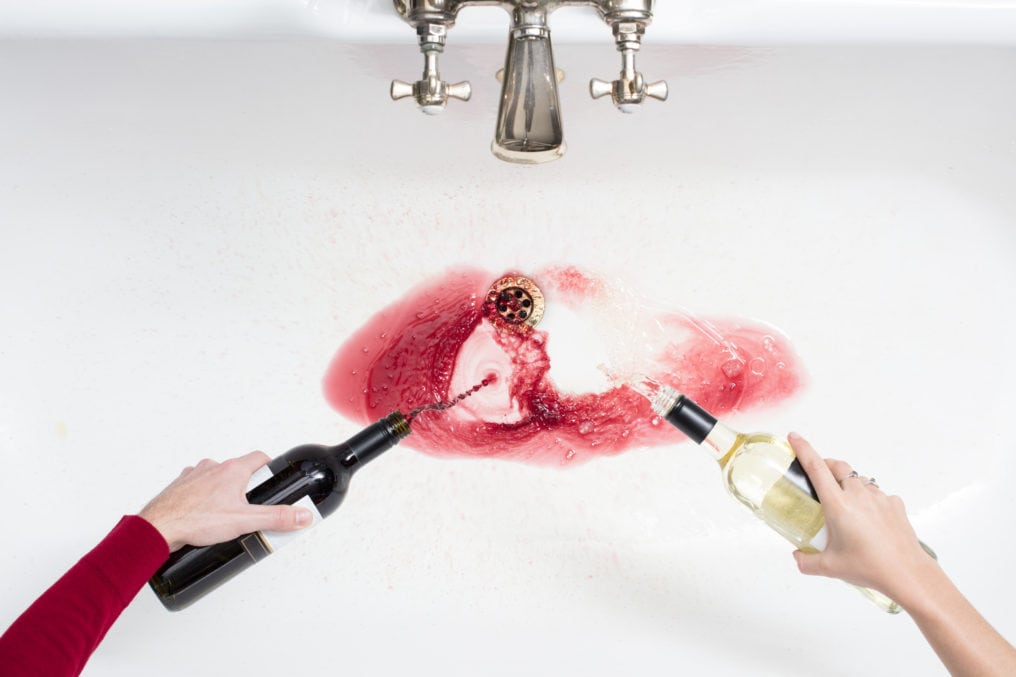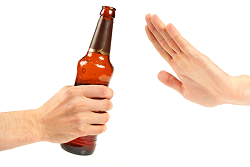Dyfi Valley Health, Bro Ddyfi Community Hospital, Heol Maengwyn, Machynlleth, Powys, SY20 8AD
contact.w96011@wales.nhs.uk 01654 702 224Dyfi Valley Health, Bro Ddyfi Community Hospital, Heol Maengwyn, Machynlleth, Powys, SY20 8AD
contact.w96011@wales.nhs.uk 01654 702 224
There are many reasons why you might want to stop drinking alcohol. Maybe you are looking for a healthier lifestyle. Perhaps you are stopping because of a medical condition, or for religious reasons. If you are thinking about removing alcohol from your life, you should know that you are not alone. According to Drink Aware 43% of adults in Britain who say they abstain from alcohol did previously drink alcohol.
This blog is here to help you to stop drinking by giving you a bunch of helpful tips for you to try to follow.
Firstly, if you think you have a drinking problem and are experiencing any of the associated symptoms of alcohol dependence, you should make an appointment and speak to one of our doctors or another medical professional about it as soon as possible. There are also a number of national alcohol support services that you can go to for advice.
Most people with alcohol problems do not decide to make a big change out of the blue or transform their drinking habits overnight. Recovery is usually a more gradual process. In the early stages of change, denial is a huge obstacle.
Even after admitting you have a drinking problem, you may make excuses and drag your feet. If you are not sure if you are ready to change or you are struggling with the decision, it can help to think about the costs and benefits of each choice.
THIS DRINK AWARE TOOL WILL HELP WITH THAT
Tell your family and friends that you are trying to stop drinking alcohol and explain why. This way, you can share your successes with them, and they will understand why you have started turning down drinks or trips to the pub.
Frequently reminding yourself and the people close to you why you want to stop drinking can help keep you on track, and may even encourage someone else to give up or cut down with you.

In the early stages, it is a good idea to avoid situations where you may be tempted to drink. This could mean opting out of the weekly pub quiz for a while, or if you tend to drink when eating out, try going to restaurants that do not sell alcohol or simply volunteering to drive. Similarly, try to identify the times when you would usually drink and fill the gap with something else.
So if you would usually head to the pub after work on a Friday evening, you could organise to meet friends to do something else (go for a walk or go to the cinema), or if you are giving up alcohol in pursuit of a new, healthier you, why not fill the gap with a weekly exercise class or a trip to the swimming pool to help you wind down?
Cutting down does not have to be complicated. If you drink every night, start by designating a couple of days a week as alcohol-free days. This can soon become habit, the personal challenge helping remove the temptation and perhaps encouraging you to add more alcohol-free days.
Official alcohol unit guidance is that it is safest for both and women to not regularly drink more than 14 units a week and not to ‘save up’ your units but spread them our evenly over the week.
Whether you choose to tackle your alcohol addiction by going to rehab, getting therapy, or taking a self-directed treatment approach, support is essential. Do not try to go it alone. Recovering from alcohol addiction or abuse is much easier when you have people you can lean on for encouragement, comfort, and guidance.
Support can come from family members, friends, counsellors, other recovering alcoholics, and people from your faith community.
Don’t forget… we are here to help you too! Just get in touch.
Links: